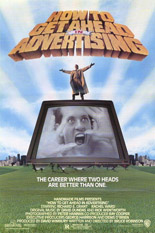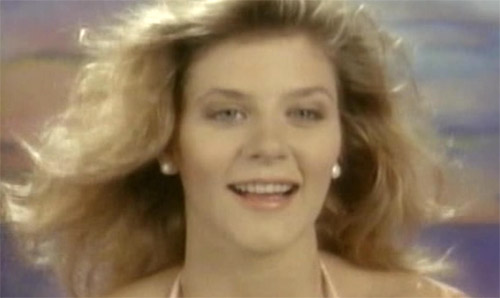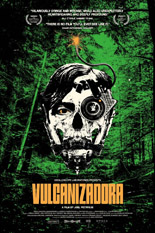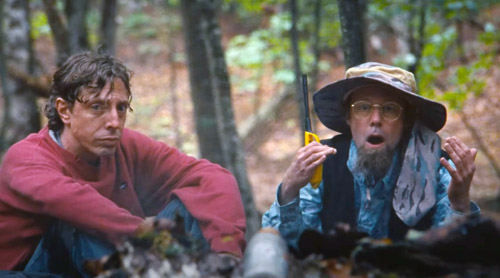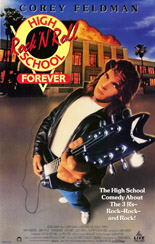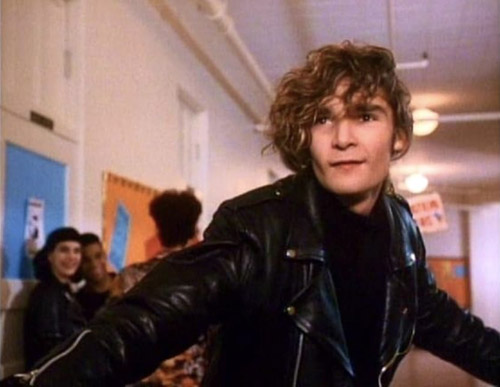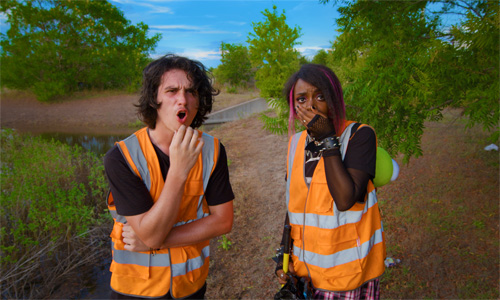
In the early ’90s on the most basic of cable, I saw Withnail and I, Bruce Robinson’s acerbic dramatic comedy that’s basically an acid-laced coming-of-age tale, except the protagonists are failed actors already-of-age in their late 20s.
Along with The Young Ones, Time Bandits and a supple diet of Benny Hill, this film gave me the basic groundings of British comedy, one I fell in love with over its “God Save the Queen” pathos that embrace the rigid anarchy of the UK punk subculture I wished I were a part of.
Growing up in Blooming Grove, Texas, I reached for the entertainment section of each Friday’s Dallas Morning News. It ran small ads for an indie, esoteric and outré theater called the Inwood, which showed titles so outrageous and provocative, it made me wish I had cool parents with a sense of pop culture but, you know, whatever. The ad for How to Get Ahead in Advertising always stuck with me, wondering about this monstrous movie from the guy behind Withnail.
This week, these two life-influencing greats came together in a way I wasn’t expecting: I finally got to screen Advertising. It’s a semi-monstrous monster film — as much as brash, witty and brazen indies could be then — about slick ad exec Bagley (Richard E. Grant) and the somewhat sleazy ways his marketing campaigns become successful.
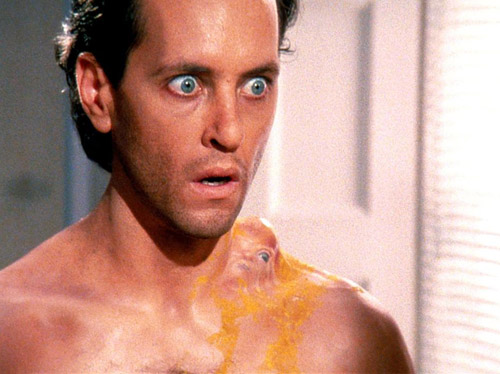
He’s working on a pimple cream campaign with no luck — until a small pimple fortuitously grows on his neck. The zit develops eyes, a mouth and, eventually, a speaking voice. Of course, it makes Bagley’s life hell. Like David Cronenberg’s The Brood, but far more stiff-upper-lipped with a starched white collar, the living canker sore engulfs Bagley and his whole persona. “Boils,” he says, “are beautiful.”
Like many things in 1980s Britain, How to Get Ahead is a rancid, devious take on the politics of Thatcher (which I was far removed from then and now) and the dark policies of coke-sniffing, ink-suffering capitalism that smothers every man, woman and child in a drowning pool of commercials.
Grant is more nuanced than usual as the staid Bagley, then becomes more manic as the film goes on, looking like Rik Mayall’s older, calmer brother. With machine-gun barbs, his performance is so cutting, it’s better than Withnail and I. I’m glad I finally saw it.
Today, the Inwood is still a movie theater, but mainstream, with screenings of A Minecraft Movie and other non-indie films. I guess How to Get Ahead in Advertising‘s selling-out prophecy came through in spades. That, I can truly say, is the worst. —Louis Fowler

